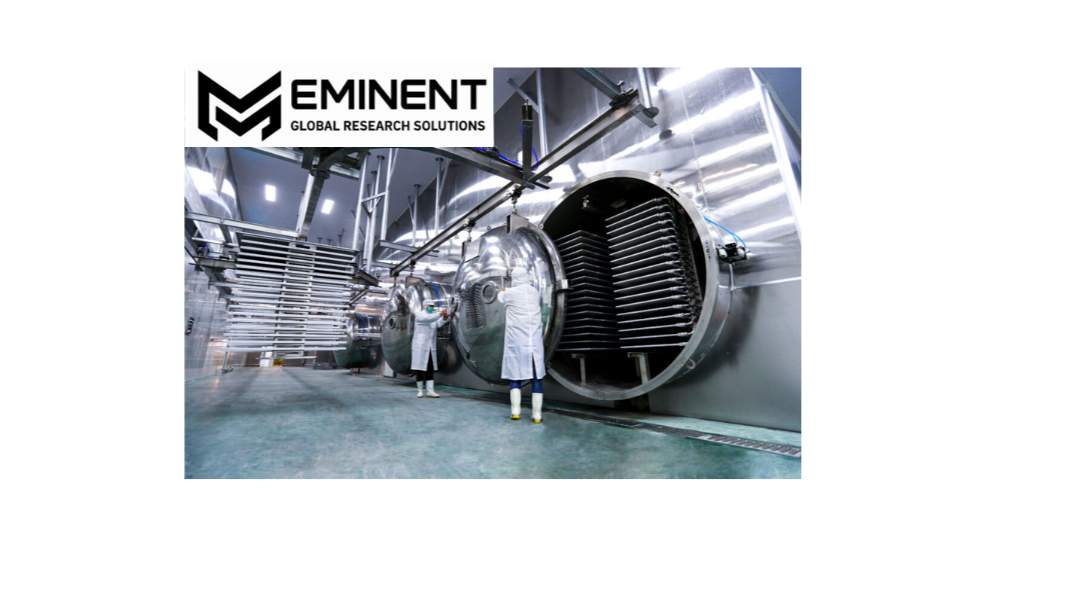The Expanding Role of Lyophilization Technology in Revolutionizing Non-Food Applications
Lyophilization, also known as freeze-drying, has long been a critical preservation technique in the food industry. However, in recent years, this technology has moved beyond the realm of food processing and is making significant strides in various non-food industries. The ability to remove moisture from products while preserving their structural integrity, chemical stability, and biological activity has opened the door to innovative applications in pharmaceuticals, biotechnology, cosmetics, and even advanced materials.
Understanding Lyophilization Technology
Lyophilization involves freezing a product and then reducing the surrounding pressure to allow the frozen water within the material to sublimate directly from solid to vapor. This gentle drying process prevents damage caused by high temperatures and maintains the product’s original properties. This is particularly valuable for sensitive compounds, complex formulations, and materials that degrade easily in the presence of moisture.
Key Non-Food Industry Applications
1. Pharmaceuticals and Biotechnology
In the pharmaceutical sector, lyophilization is essential for preserving the stability and potency of injectable drugs, vaccines, and biologics. Many biopharmaceutical products are sensitive to heat and moisture, and freeze-drying ensures that these products remain effective throughout their shelf life. Lyophilized formulations can be easily reconstituted before use, ensuring consistent dosing and quality.
2. Diagnostics and Research Reagents
Laboratory reagents, diagnostic kits, and enzymes often require long-term stability. Lyophilization allows these sensitive components to be stored without refrigeration for extended periods, which is particularly advantageous for shipping to remote locations and supporting global healthcare initiatives.
3. Cosmetics and Personal Care
The cosmetics industry has embraced lyophilization for products like face masks, serums, and skin treatments. Freeze-drying helps retain the potency of active ingredients and eliminates the need for preservatives. The result is a more concentrated, stable product that consumers can mix with water or other activators just before application.
4. Preservation of Biological Samples
Biological research relies heavily on preserving cell cultures, tissues, and microorganisms for extended study. Lyophilization ensures these samples maintain their viability and structural integrity for years, enabling researchers to store and transport them without degradation.
5. Advanced Materials and Industrial Uses
Beyond life sciences, lyophilization is being applied in industries such as aerospace and electronics. For example, specialty polymers, nanomaterials, and porous structures benefit from freeze-drying to achieve precise moisture control and maintain performance characteristics.
Advantages Driving Adoption
- Extended Shelf Life: Products remain stable for months or even years without refrigeration.
- Retention of Functionality: Sensitive compounds retain their original physical and chemical properties.
- Reduced Transportation Costs: Lightweight, moisture-free products are easier and cheaper to ship.
- Environmental Benefits: Minimizes the need for cold-chain logistics, reducing energy consumption.
Future Outlook
As industries continue to demand higher product stability, improved transport efficiency, and longer shelf life, lyophilization is poised to play an even greater role. Ongoing innovations in equipment design, process optimization, and energy efficiency are making freeze-drying more accessible and cost-effective. This will likely drive further adoption in both established and emerging non-food markets.
In conclusion, lyophilization is no longer confined to food preservation. Its adaptability, precision, and ability to safeguard product integrity are revolutionizing how pharmaceuticals, cosmetics, research materials, and advanced industrial components are developed, stored, and delivered. This transformative technology is set to remain a cornerstone of quality preservation across a diverse range of industries.


